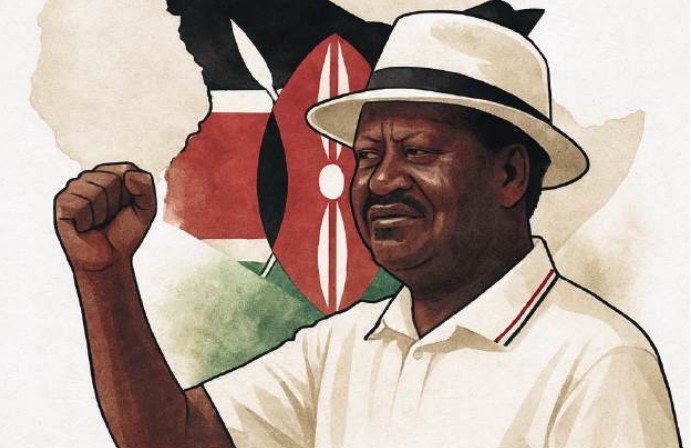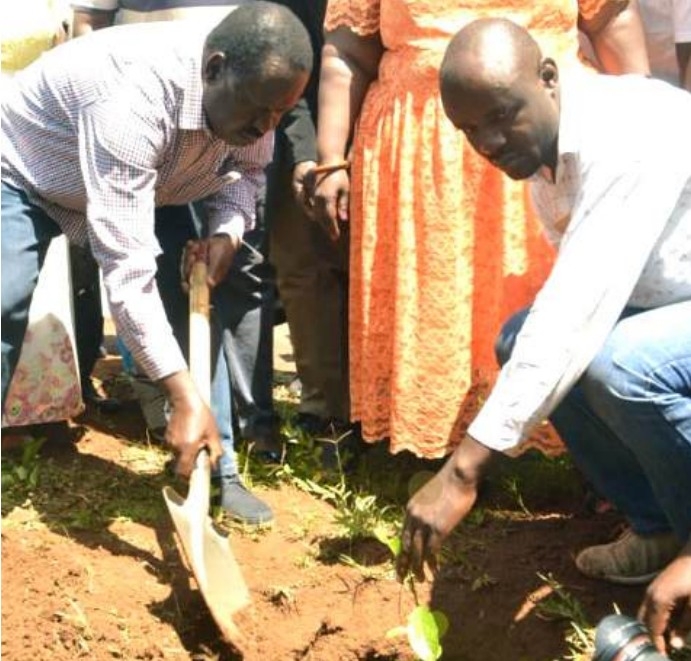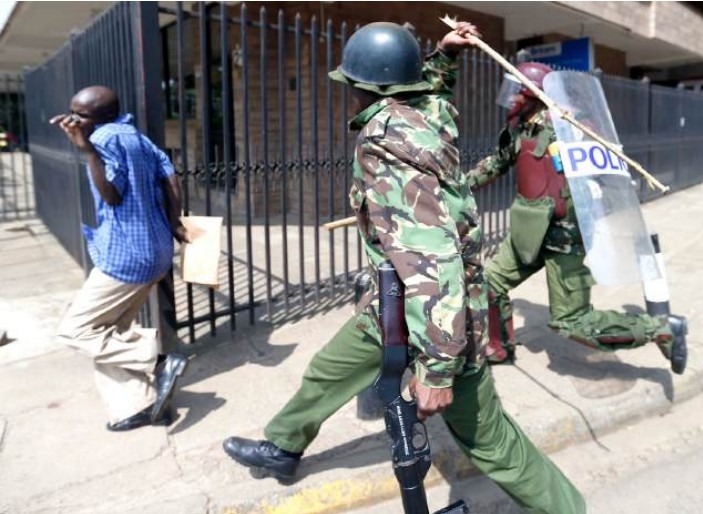A new malaria prevention strategy is set to reduce malaria-related deaths among children in Turkana, specialists have said.
Moi University and Duke University specialists met with Turkana county health officials to discuss a proposal to introduce Seasonal Malaria Chemoprohylaxis as an additional strategy to reduce deaths.
Health acting chief officer Joyce Illikwel said that the introduction of SMC will be a milestone in the fight against malaria and will reduce child mortality rates.
She said that malaria is a top killer disease in the county and all efforts to eradicate it are highly welcome.
Illikwel said a team selected from health officials will offer its expertise on the disease to make SMC a policy.
“The ministry will push the executive to support the joint collaboration in research, policy formulation and funding of the SMC strategy to prevent malaria-related deaths that have diverse negatives effects on people’s lives,” she said.
Since 2018, a joint team from Moi, Duke University and Turkana health officials have been studying malaria prevalence in the county.
Their study found anopheles stephensi and plasmodium vivax, a new vector and new mosquito species respectively in Turkana, which present new control challenges.
“The strategy involves administration of two antimalarial drugs at intervals to children to prevent malaria during the malaria season in areas with highly seasonal transmission,” Moi-Duke University principal investigator Wendy O’Meara said while presenting the research proposal.
She said SMC has been used in Sahel countries and also piloted in Karamoja region,Uganda, with remarkable results in reduction of malaria prevalence by at least 75 per cent.
O'Meara added that SMC's goal is to establish anti-malarial drug concentrations in the blood that clear existing infections and prevent new ones during the period of greatest risk.
The meeting selected a joint technical working team to document the discussions of the meeting so as to develop a road map for implementation of the proposal.
She said the approach will be implemented in select subcounties for a start before rolling out to the rest of the subcounties as part of the impact evaluation.
(edited by Amol Awuor)














![[PHOTOS] How ODM@20 dinner went down](/_next/image?url=https%3A%2F%2Fcdn.radioafrica.digital%2Fimage%2F2025%2F11%2F99d04439-7d94-4ec5-8e18-899441a55b21.jpg&w=3840&q=100)

